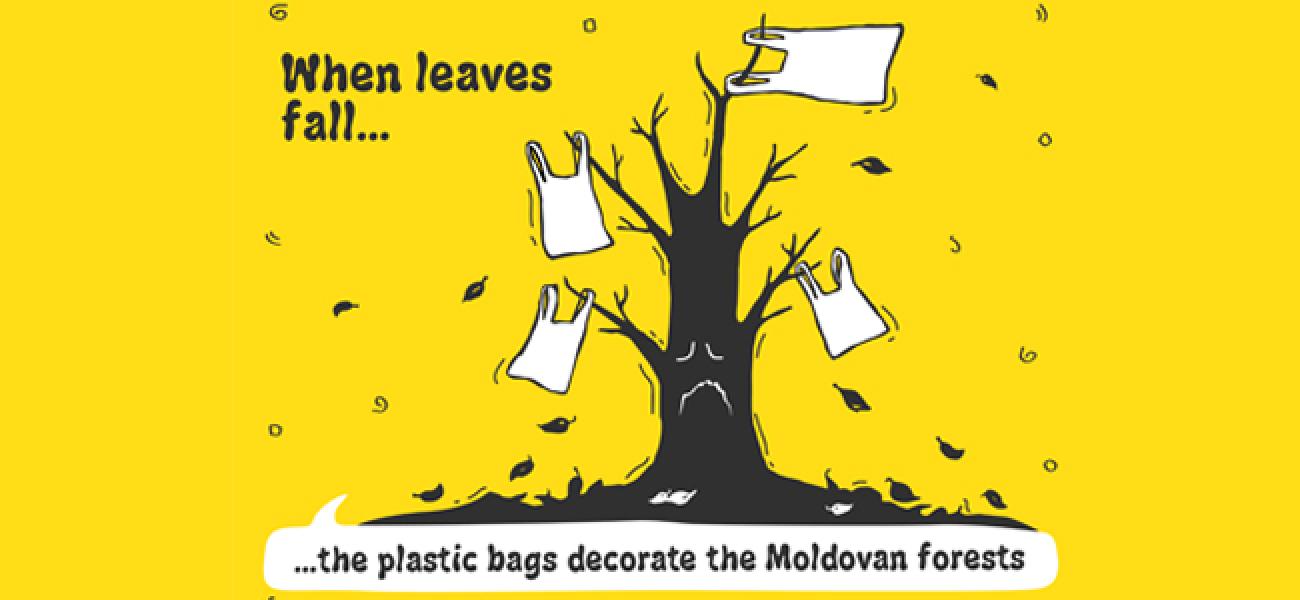‘Glocalizing’ the Sustainable Development Goals in Moldova

Almost two years ago, 193 Member States of the United Nations, including Moldova, adopted the 2030 Agenda for Sustainable Development. This bold and universal Agenda already has many countries around the world taking action to improve people’s lives and plan for a sustainable future.
In Moldova’s case, planting the 17 Sustainable Development Goals (SDGs) in national soil and turning the 2030 Agenda into a reality has been quite the journey! The good news is that Moldova’s national policy agenda is now aligned with more than 106 of the SDGs targets and it selected 226 global indicators to assess progress towards these global goals.
'Glocalizing' the SDGs targets
The UN resolution says that the SDG targets are “aspirational and global, with each government setting its own national targets guided by the global level of ambition but taking into account national circumstances.”
The beauty of the SDGs is that they’re inclusive of everyone, so our first step was to identify which of the 169 global targets are most urgent for the Moldovan context. This is what we mean by ‘glocalizing’ - localising a global set of goals while benefitting from the drive of the whole world towards the same ambition.
So here’s how we 'glocalize': The UN in Moldova worked through 180 of the government of Moldova’s main national strategic documents to find connections between the Moldovan local reality and the global targets. We found immediate points of contact with almost two thirds of the global targets.
Once we gathered this information, we spoke with public servants, civic activists, community and business leaders, and researchers. We wanted to know their thoughts on the SDG targets. If a target was not immediately applicable, then, we wanted to know how it could be adjusted to make it more concrete and specific to the Moldovan context. During the consultations, we jointly defined who would be the responsible government institution to take action and ownership so that we reach the targets.
With a fresh pair of eyes, we looked at the national strategic documents again to identify all policy-related gaps that needed to be addressed. We also provided proposals to amend policies and introduce new concepts of sustainable development to deepen the focus on the most vulnerable populations, for example, adding a specific target to understand how many people fall into poverty due to natural disasters such as floods, droughts and landslides.
The 2030 Agenda is a complex one, and Moldova is in full swing towards reforming its central administration. The country doesn’t have enough financial resources to cover all the costs at once. So, taking this into consideration, we set priorities and came up with a list of “triggers” that would produce a domino effect and help us reach the other linked targets.
Crowdsourcing how to measure SDG progress in Moldova
The Moldovan government is currently only prepared to report on half of the nationalized indicators because of financial, capacity and methodological constraints. When we realized this, we knew that we would need to engage experts across many disciplines in order to develop methodologies and data collection.
Under the leadership of the State Chancellery and the direct involvement of the National Bureau of Statistics, we worked for nine months to tailor global targets and indicators to fit the situation on the ground. Talking to different stakeholders (public authorities, civil society, and the private sector) was decisive to our success. Their valuable inputs and insights for tailoring global targets and indicators to the national context represented the first step in assuming of the 2030 Agenda by the people of Moldova.
Trying to figure all of this out was no easy feat, so we developed a toolkit which will also help us with the further integration of the SDGs’ into the work of both government and partners in the next stage.
The Council for Sustainable Development, which was set up as an institutional anchor to the SDGs nationalization process endorsed and disseminated all of our collective efforts.
The process to nationalize the SDGs in Moldova has even catalysed a broader reform aimed at streamlining the policy planning framework. Given the success, the Government has asked the UN to support in the evaluation of its current national strategy and the new Strategy Moldova 2030.
Even after all this… the work has just begun! Do you have any advice for us?
Let us know!





































